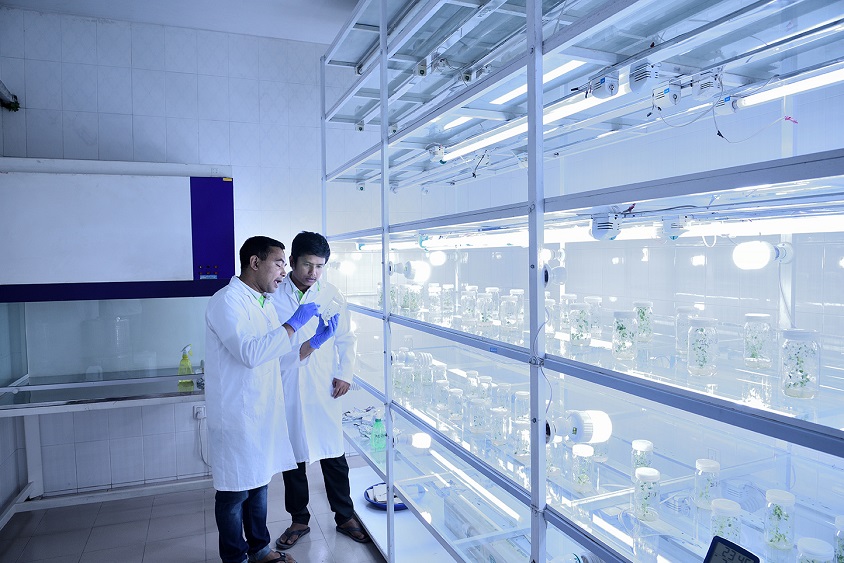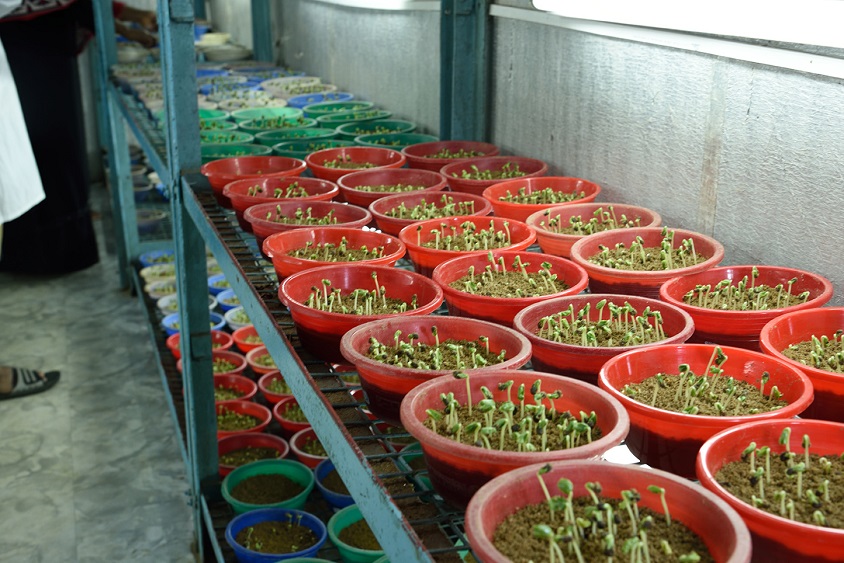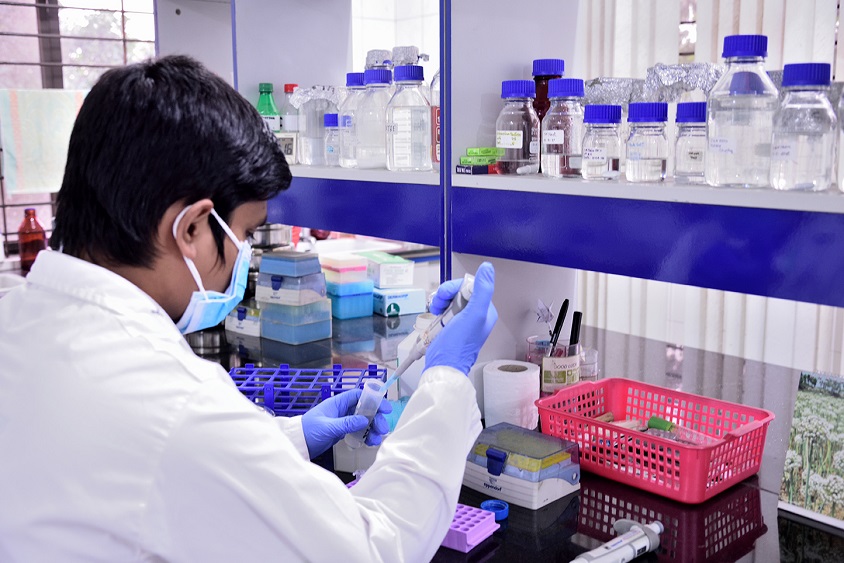
Research & Development at Lal Teer Seed Limited
The Lal Teer Seed company started research and development functioning in 1996 (Formerly East West Seed). The experimental farm of Lal Teer Seed is located in Bashon, Gazipur where R&D wing conducts research. It is a 30-acre farm and about 25 kilometers to the north of the Dhaka city. Currently, Lal Teer R&D has 15 experienced agriculture graduates (Plant Breeders) among them there are 5 Ph.D.’s, with long experience in vegetable research.
LAL TEER- THE LEADER IN HYBRID VARIETY DEVELOPMENT
The vision and mission of R&D to the development of high-quality hybrid varieties of vegetable crops. Lal Teer has got a very good research team and a bunch of talented qualified breeders is working hard with utmost sincerity for the development quality varieties with high yield, resistance to pests and diseases, tolerance to adverse climatic conditions (salinity, drought, etc), quality and suitability to local condition. Lal Teer has prioritized crops for hybrid variety development: Tomato, Eggplant, Pepper, Bitter Gourd, Bottle Gourd, Ridge Gourd, Cucumber, Snake gourd, Sponge gourd, Pumpkin, Okra, Cauliflower, papaya, and Onion. Currently, Lal Teer Seed research on 33 vegetable crops and developed 160 varieties of different vegetables among them 90 are hybrids. Among the varieties, at least more than dozens of hybrids ranked top regarding demand and sale.
Lal Teer has established a biotechnology lab at R&D and working for tissue culture and marker-assisted breeding. By this time scientist have developed a protocol for the regeneration of potato, banana, and some orchids. Already Lal Teer biotechnology lab establishes hybridity test through SSR markers for 30 hybrids among ten vegetable crops. Characterization of germplasm is in progress.
Research for vegetable development is a continuous process. The scientists of Lal Teer are devoted to further development of improved varieties and technologies. There are many varieties of different vegetables in the pipeline having resistance/tolerance to pest and diseases and adverse climatic conditions. These technologies will be released gradually and will contribute to vegetable production in the context of climate change and global warming.


